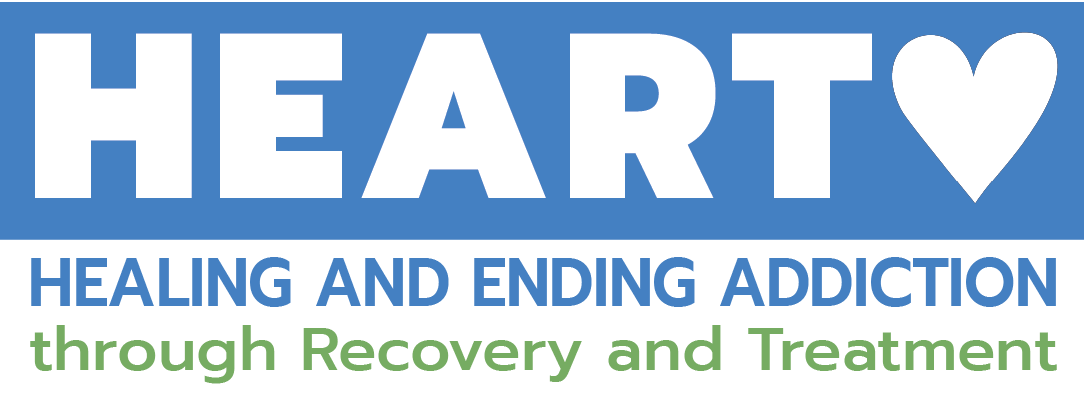Expanding Access to Inpatient and Residential Substance Use Disorder Treatment (IMD Exclusion)
The Problem
Federal law prohibits Medicaid payment to any inpatient or residential facility with more than 16 beds for provision of substance use or mental health treatment to individuals 18-64 years old. This is referred to as the Institution for Mental Disease (IMD) exclusion. This prohibition originated in the era of de-institutionalization, but now creates barriers to people receiving the behavioral health treatment they need.
This restriction created an ongoing challenge of waitlists for this level of care because it meant there were an insufficient number of beds available for patients covered by Medicaid. After being screened and assessed as needing an inpatient level of care, Medicaid members would then have to wait until one of the few beds accepting Medicaid patients became available, oftentimes several weeks later.
The Intervention
The federal approval to waive the IMD exclusion means that Montana Medicaid members can now obtain inpatient and residential SUD treatment at any available facility, regardless of size. The approval allows larger licensed SUD treatment providers to receive Medicaid reimbursement for Montana Medicaid patients’ short-term acute inpatient and residential stays. It enables the state to receive federal match for these SUD treatment and withdrawal management services provided to eligible Medicaid beneficiaries in residential and inpatient settings with more than 16 beds. This has not only provided for more Montanans to receive lifesaving services, it has also paved the way for more Montana providers to offer this Medicaid benefit as well.
Since July 2022, hundreds of Montanans have been served in substance use disorder IMD facilities through this newly approved Medicaid benefit.
As part of the conditions for federal approval of this waiver, the state committed to improving community-based outpatient mental health and SUD treatment, including transitions to community-based care following inpatient treatment.
See the CMS approval documents.
DPHHS is also seeking to amend the current approval to also include stays by children or youth with serious emotional disturbance (SED) at IMDs that are also qualified residential treatment programs (QRTP’s).
Covered Services and Eligibility Criteria
To be eligible for this service, an individual must be:
- Medicaid eligible adult ages 18-64
- Determined by a clinician to need inpatient or residential level of SUD treatment


